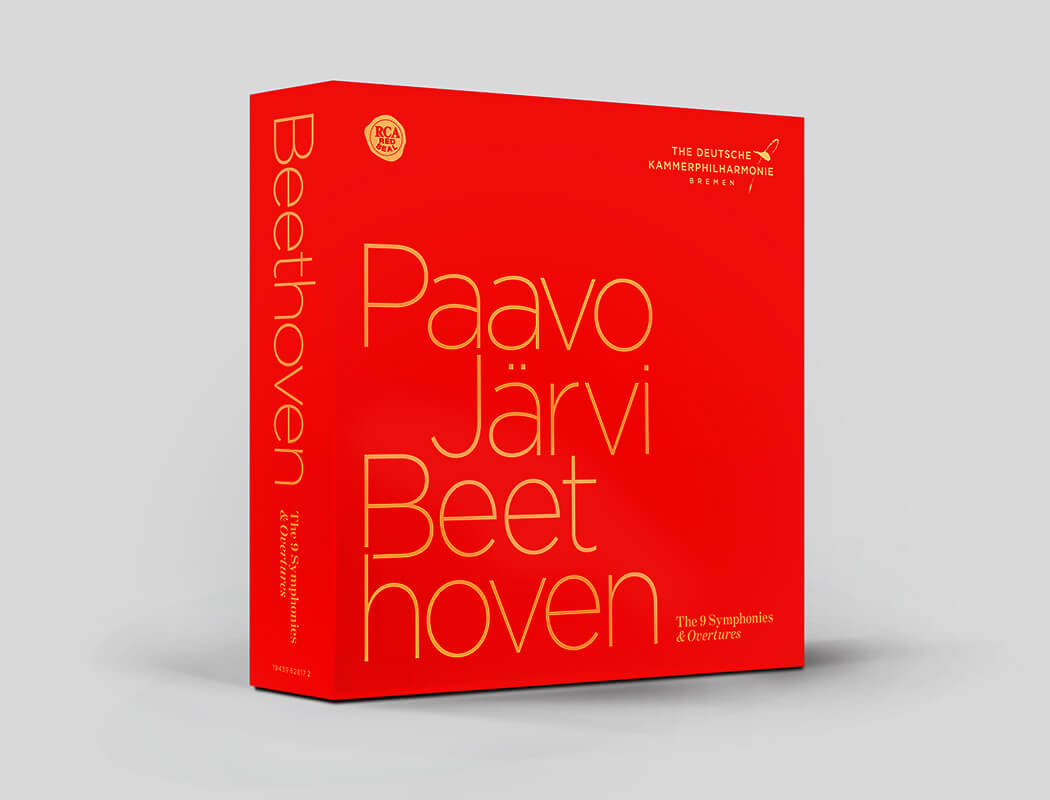An extract from an article written by Paavo Järvi for this month’s Veja Magazine
“This autumn, as a part of the 250th anniversary celebrations of Beethoven’s birth, The Deutsche Kammerphiharmonie Bremen is re-releasing our complete Beethoven symphony and overture cycle, a project we began in 2004 and dedicated ourselves to for 10 years. Without any doubt I still consider these recordings the most important musical statement of my life to date and I remain proud of them.
“As we become increasingly sceptical about all the unsubstantiated facts that we hear from political leaders and read in the media and on social media, it seems to me that Beethoven’s legacy is more relevant today than ever before. The one thing that we need right now is something that we can believe in and Beethoven in some remarkable way fills that gap. His music is a pillar of truth and strength, uncompromising and honest. And I think those values are one of the reasons why so many people are subconsciously drawn to his music.
“Just as the subjects of freedom and democratic values are important to us now, they were also the pillars which Beethoven strongly believed in and incapsulated in his music over two centuries ago – the Ode to Joy of the 9th Symphony, the political gesture that he made by crossing out Napoleon’s name in the Eroica, and his belief that true love can triumph over dictatorship emblazoned in the score of Fidelio. He had a dedicated belief in a better future, matched by a great mastery of musicianship and sense of humanity.
“Some people ask whether we need to celebrate Beethoven as he is anyway performed so often and I think they are missing the point. I think we need to celebrate the iconic pillars of our culture, especially when the vast majority of popular culture has very little musical value. What we continue to learn through his music is the golden standard of quality and that is why we need to use every opportunity to celebrate him, even though we do not need to introduce his music to audiences or boost his popularity.
“As I continue to conduct Beethoven’s music with both The Deutsche Kammerphilharmonie Bremen and other orchestras, I still find myself re-thinking many of the things that I have done before and trying different approaches. This is yet another testament to the greatness of his compositions because there are so many layers and the material so rich that there are almost limitless ways of looking at them. With some composers’ music your interpretations stays the same each time you return to it. With Beethoven’s symphonies you can perform them in radically different ways and keep on learning something new. That is surely the sign of a genius?”
